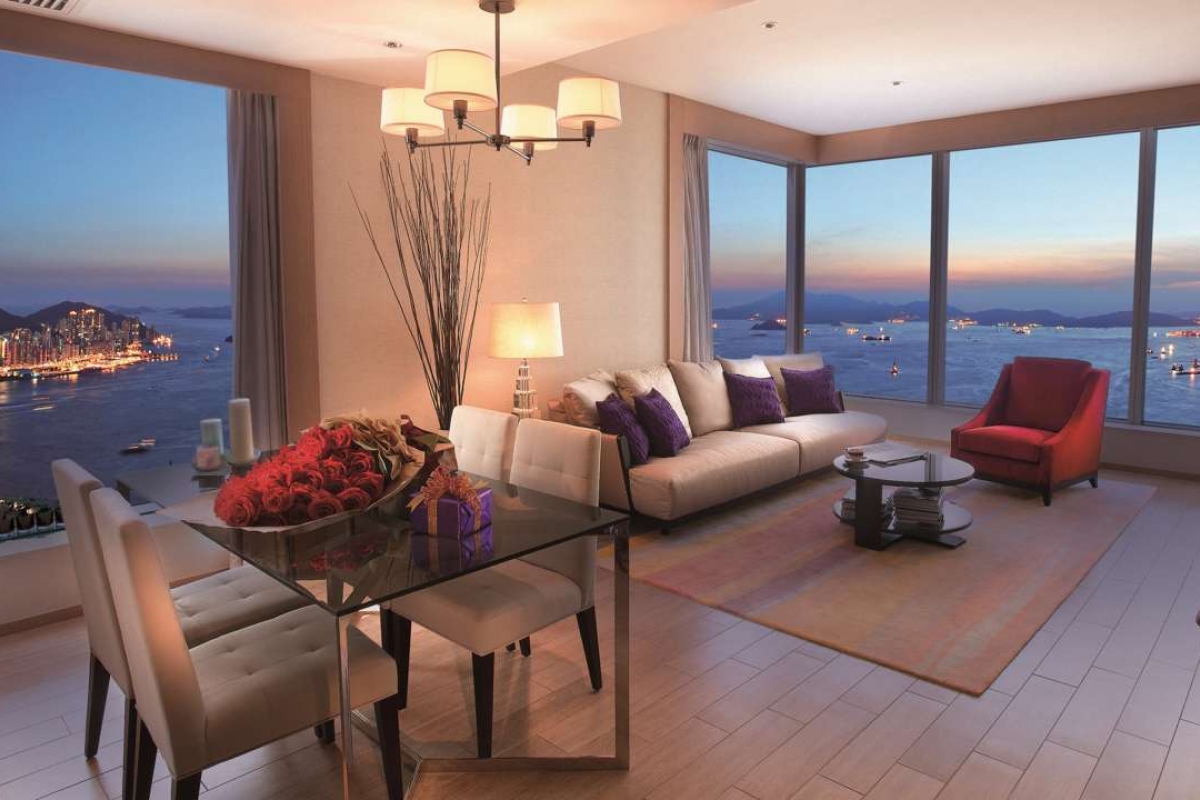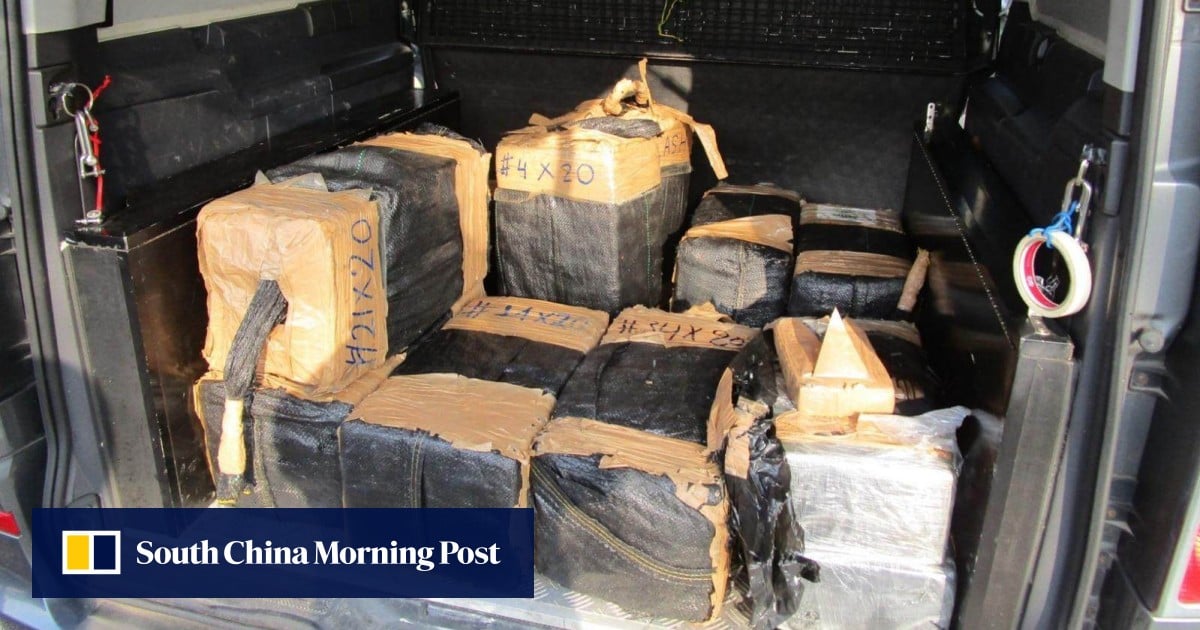In March, Hong Kong actor Nicholas Tse secured a lease for a retail space in Central Hong Kong for HK$60,000 (US$7,721) per month—a remarkable 40% reduction from its original listed price of HK$100,000. This transaction comes after the unit languished vacant for over a year, underscoring the current challenges in the market.
Prime Property Discounts
In the Tsim Sha Tsui shopping district, a property owned by the family of Stanley Ho, the late “King of Gambling” with a towering net worth of $14.9 billion, has hit the market with an asking price of HK$88 million. “It is very rare to see such a prime development site in the heart of Tsim Sha Tsui for sale,” remarked Reeves Yan, head of capital markets at CBRE Hong Kong, the exclusive agent managing this sale.
Just a few months earlier, legendary actor Chow Yun Fat made headlines when he slashed the price of his mansion in The Peak, Hong Kong’s most exclusive neighborhood, by HK$25 million, bringing it down to HK$195 million. This property, known as “Sunshine Garden,” is among Chow’s most cherished assets, once purchased for HK$128 million.
Recently, a high-end duplex apartment that was previously owned by actress Vicki Zhao also struggled to attract bidders. The property went to auction at HK$49 million—a 32% markdown from its original price of HK$72 million—but failed to generate any interest.
A Tumultuous Market
Hong Kong’s real estate markets, historically favored by entertainment elites and tycoons, are feeling the weight of a downturn. Residential prices have tumbled nearly 30% since their peak in 2021, propelled by rising mortgage rates, decreased demand following an exodus of professionals, and a dismal economic outlook, according to Reuters.
The city’s Rating and Valuation Department reported a 0.5% decline in private home prices in March, following a revised 0.6% drop in February, marking the fourth consecutive month of decline. The secondary market has also seen prices slip cumulatively by 1.7% in Q1 2023, pushing the price index to its lowest since July 2016.
With the office and retail segments still struggling, transaction values in these sectors have plummeted for four straight years since 2021. According to Centaline Commercial, overall deals dipped by 7% to HK$64 billion in the past year, the lowest level since the SARS outbreak in 2003.
Persistently weak retail sales remain a burden on rental prospects. In March, the city’s retail sales dropped for the 13th consecutive month, hitting HK$30.1 billion—a 3.5% decrease from the previous year. While the contraction was less severe than February’s 13% plunge, the decline continues.
A Silver Lining?
Despite the prolonged downturn, a few rays of optimism are breaking through, thanks to fresh investments from Southeast Asian firms and local educational institutions, which together accounted for approximately 22% of the HK$6.28 billion investment in Hong Kong properties during the first quarter, as reported by Colliers. This influx of capital is rejuvenating leasing activity.
Thomas Chak, head of capital markets and investment services at Colliers Hong Kong, explained that investors are drawn to lower prices in the prime property sector. Following the introduction of the “Studying in Hong Kong” scheme last October, there is renewed interest in the market, further fueled by hopes for declining interest rates and a recovering stock market.
With luxury homes once again catching the eye of affluent buyers—thanks to falling prices—the segment is witnessing an uptick in sales. Lucia Leung, director of research and consultancy for Greater China at Knight Frank, noted: “This highlights a persistent appetite for high-end properties, particularly as confidence in the market stabilizes.”
Knight Frank anticipates a 3% increase in luxury home prices this year, suggesting that the current luxury bargains won’t stick around for long. Victoria Allan, founder and managing director of Habitat Property, added, “We will see some distressed vendors looking to exit quickly. But as this stock is sold, supply will tighten and values will firm.”
Will it be a bumpy ride ahead for Hong Kong’s real estate? Only time will tell.
Questions & Answers
How far have Hong Kong property prices fallen?
Prices have dropped nearly 30% since their peak in 2021, with private home values decreasing for four consecutive months as of March.
What is impacting retail sales in Hong Kong?
Retail sales have declined for 13 straight months, largely due to reduced consumer spending and shifts in demand as many professionals have left the city.
Are there signs of recovery in the real estate market?
Yes, recent investments from Southeast Asian firms and local educational institutions are revitalizing interest in commercial real estate, while luxury properties are seeing an uptick in sales due to lower prices and improving market conditions.


